Missed this post last month, and it’s an important one: Share The Wealth: A Radical Solution To Translation Costs
The main idea: get your book translated into different languages by promising the translator money on the back end after the book sells, rather than an upfront fee. Scott Nicholson writes on David Gaughran’s blog:
Amazon just opened its German store, and more digital and paper markets are going to open up for indie authors, and overseas readers will finally get an incredible range of choices. But it’s going to take a new kind of indie—the “indie translator.”
I currently have three foreign translations available for independent sale and three more in the pipeline, as well as a creative split-revenue, cooperative deal inChina. None of them required an agent, and each project was entrepreneurial and unique.
You hear some indie writers say “Well, I’d still need an agent for foreign and movie deals.” Like everything in this rapidly changing environment, that’s not necessarily true, and certainly not absolute. In fact, the same principals apply to indie digital publishing in foreign markets as in the US—all you have to do is upload a digital file. And paper books, especially print-on-demand, will follow the same pattern….
I pay a 20 percent royalty of net sales to my translators. For a $2.99 book, that would earn around 40 cents a pop. Not much, until you consider that’s income for life on a one-time job. Imagine if you translated 10 bestselling titles at 10 percent–you’d be making more than the US author currently does when he/she sells a foreign right through a publisher!
It’s a bold idea, but it has one catch: you need to be able to guarantee a healthy level of sales in a foreign market, and that’s fairly difficult to guarantee. So it would seem this is mainly a step for successful self-publishers – i.e. people who could probably get a rights agent who would work out all the details and get an advance. It’s an option to seek out your own translator, but it is not exactly an option that’s equal to the ease of self-publishing – unless you’re familiar with the overseas market, the language, and the translator. Chances are, a lot of self-publishers don’t fit that description.
And translation is also a totally different game than self-publishing. Though it might look totally impressive to see your book converted into another language, to a native reader a poor translation is just going to read like a bad book. What this means is your book is less likely to sell so you can even pay that translator. You don’t want a translation to come out like Ebookit’s automated audiobook tool – useful in a pinch, but lacking a lot of human warmth. Translation is an artform equal to any kind of writing, so you’re going to have to vet a translator very carefully – including having a native reader read a sample to make sure it reads naturally.
This sounds like a lot of negativity – but it’s just to suggest that writers tread carefully. It’s an option, but there are many more variables than traditional self-publishing.
Meanwhile, Alex de Campi, a graphic novelist, attempted to use Kickstarter to sell both American and foreign rights. However, Kickstarter said that it was against their terms, so she had to take it down – for instance, she was selling the American rights for $5000. Again, she’s trying to raise $27,000 so the writer who sets out to do something like this is already successful in some respect.
I’ve had one book translated, which was put out by Hachette Litteratures, one of the bigger publishers in France. I was paid $4000.
The way this happened is that a friend translated it. I lived in Paris for a year, we met, years later the translation deal came together via an agent I’d met in Paris, who also helped facilitate rights for a UK edition of the same novel. And that’s sort of instructive – in publishing, it’s who you know as much as anything. So if you get in touch with prospective translators, good things can happen.
So where to find a translator? Network. Pen American has a good list to get started.
Get an Editorial Review | Get Amazon Sales & Reviews | Get Edited | Get Beta Readers | Enter the SPR Book Awards | Other Marketing Services


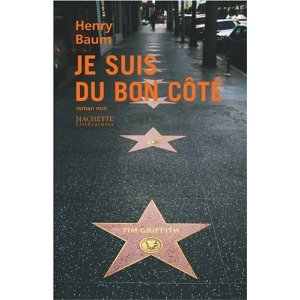








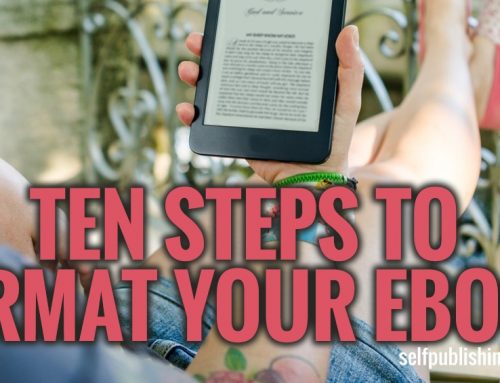

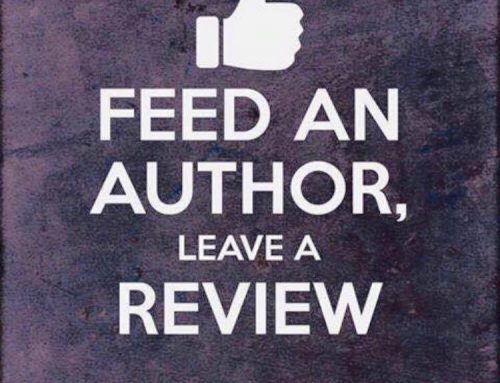


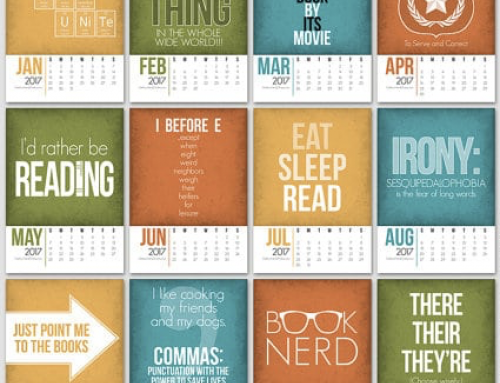

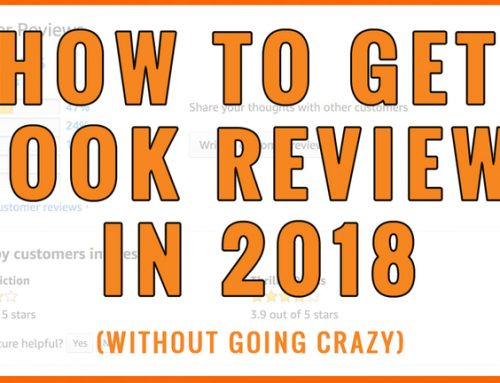
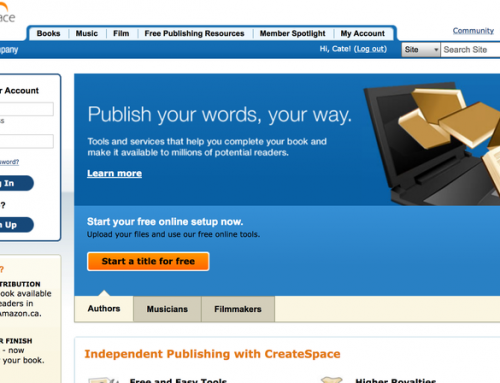

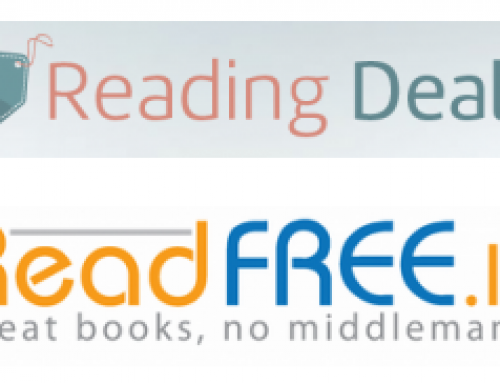
Hi Henry,
Thanks for the bringing this blog post to people’s attention.
First of all, I agree with your basic advice that writers should tread carefully – and I would apply that to dealings with foreign publishers/agents, as well as attempting to do it yourself.
I would just like to take slight issue with your caveat that this is “mainly a step for successful self-publishers”. I’m not sure what your definition of “successful” is, but I am presuming you mean someone who has had a bona fide bestseller and/or comes of the back of a solid trade publishing career (if I’m mistaken, forgive me).
But this is not the case. I wouldn’t qualify under either criteria. I’ve been self-publishing for five months, have sold around 1,200 books, and have no trade publishing history (and no “name” from anywhere else either). I’m happy with my performance, but I don’t think the tag of “successful” applies to me.
In any event, I have signed deals under this revenue-sharing model (with experienced, professional, qualified translators) to translate one title into French and Spanish, and I’m negotiating a third.
I had to make the case of why I thought the book had a chance of doing well in the respective markets. I pointed to my reviews and gave them my sales figures. I didn’t overplay anything. I cautioned that I fully expected sales to be slow at the start, and warned that they could remain tepid given the difficulties (for me) in promoting in a foreign market. But I also said there was a chance the book could do well, and if it was a hit, they would share in that.
Most of the translators I approached weren’t interested, but I only needed to find one in each language who was willing to try something new. Finding translators (willing to do this) is certainly the hard part. And I would imagine that the stronger your sales record, the easier that would be.
Is it better than a foreign rights deal? That’s for each writer to decide. I’m not trying to foist this model on anyone, just highlighting a different approach that is working for one writer that I’m now trying myself. I haven’t been offered any foreign rights deals up to now, so it works for me, and I can’t really see a downside.
Also, traditional foreign rights deals aren’t without their problems. Scott Nicholson has detailed his own issues with getting paid etc. on his blog, and Kindle Boards has several threads about self-publishers who ran into similar issues (obviously, you won’t run into this issue with a publisher like Hachette).
And I think this kind of “indie translation” approach has similar attractions to self-publishing: you retain (most of) your rights, you get paid monthly, you choose your own covers, you control pricing etc.
I don’t think it’s for all writers, and I certainly don’t think it’s for all translators, but I think some will enjoy working under this system.
Best of luck with your book in France, and thanks again for highlighting this blog post.
Dave
Great points, thanks – and congrats on the deals you’ve done. The gist I was getting at was this: “I would imagine that the stronger your sales record, the easier that would be.” The easier it might be to find decent translators as well. I can’t claim to understand this market fully, but translators who are more desperate for work could be out of work for a reason. But then, there could also be good translators who are looking to pad a resume. In any event, it’s great that you’ve been able to organize translations without being a Konrath or Hocking.
Here’s the thing. Literary translators are poorly paid for the work they do and often poorly treated by publishers/agencies. A lot of translators mix it up with corporate work, which pays better (and on time), but is often boring. The average wage for a literary translator in Germany, for example, is something like US$25,000. It’s less again in Spain and Italy.
The translators I’m working with both have superb credentials, have translated work by a long list of NYT Bestsellers, and they aren’t desperate for work. In fact, a condition of their signing was that they would be allowed to prioritize regular work – which I agreed to.
I also think they are interested in testing out the model – I’d say there is an element of curiosity there, given the conditions I mentioned above. But they both also read the book before agreeing. So I would imagine that the book itself has to grab them.
I have to say though, I had a chuckle when I was composing an email to one translator, and had a moment when I felt like I was writing query letters again.
🙂
Dave